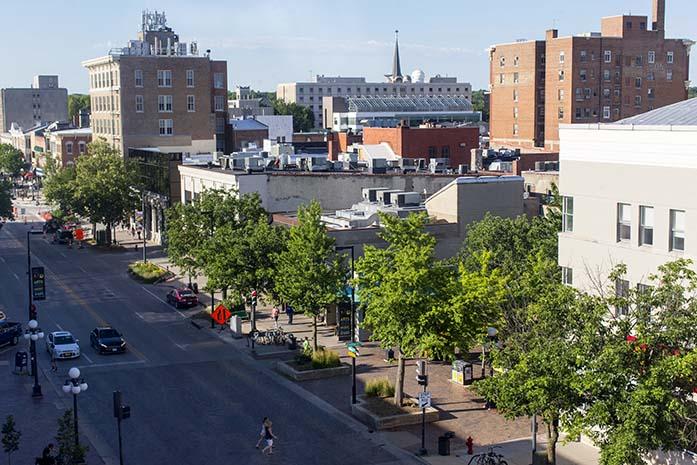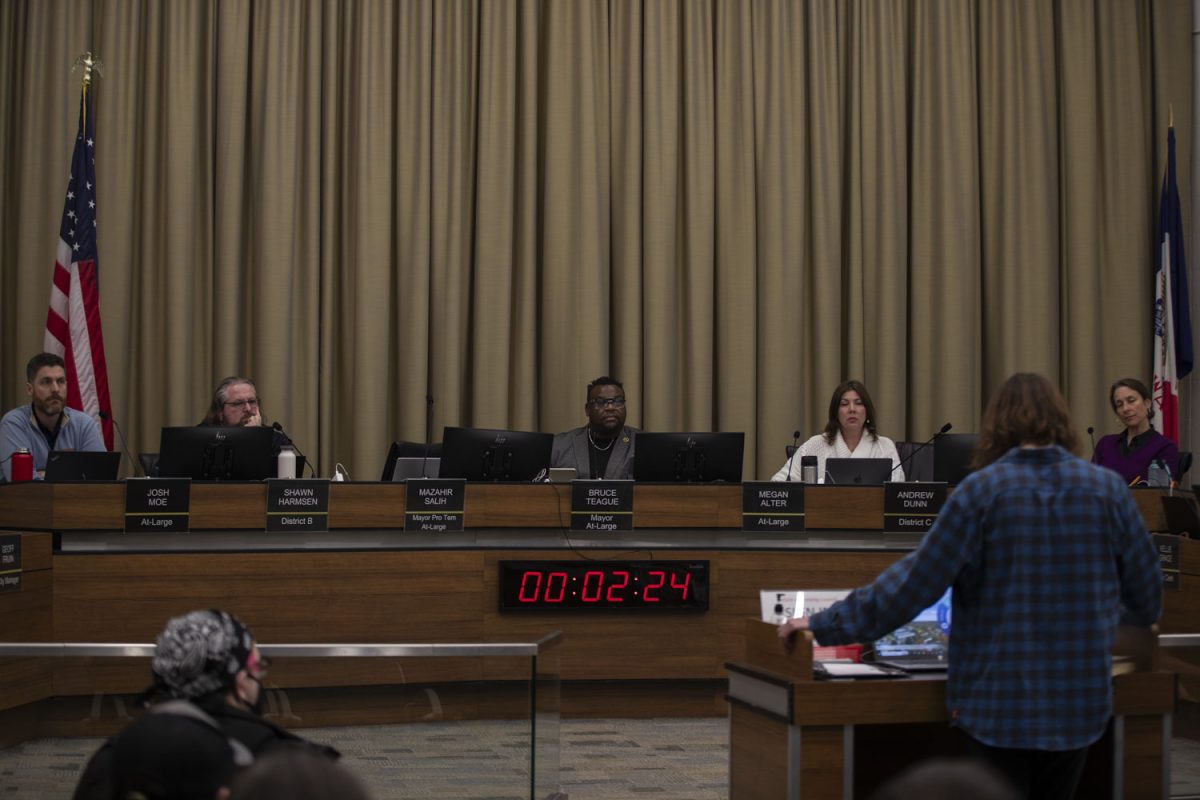In Iowa City, the average two-bedroom apartment costs $935 a month to rent.
A new study by the National Low Income Housing Coalition reveals that to afford rent and have enough money to live, defined as spending a maximum of 30 percent of income on housing, Iowa City residents would have to make between $17.69 and $19.62 an hour. These results have left city and county planners wondering about the effect of the new $10.27 recommended minimum wage and if it is doing enough.
“We raised the minimum wage here because it was long overdue,” Johnson County Supervisor Rod Sullivan said. “There were a lot of people who despite working hard struggled to survive.”
Johnson County raised its minimum wage to $10.10 in 2015 and raised it further to $10.27 as of July 1. However, the state ruled last year that any minimum wages put into place by cities or counties are not legally binding and only the state has the authority to set minimum wages.
The state of Iowa’s minimum wage is the same as the federal government’s, $7.25 per hour. Someone working for 40 hours a week at four weeks a month would make $1,160 a month and just under $15,000 a year at that rate. Iowa City Mayor Jim Throgmorton said the state’s ruling is harmful for growing cities such as Iowa City.
“I think that’s just a blunder on the part of the state government,” Throgmorton said about the state’s decision. “It’s rural people thinking about the situations they face without really understanding the challenges that people who live in cities face.”
Although Iowa City requires a wage of between $17.69 and $19.62 to afford a two-bedroom apartment, according to the report, the average wage required statewide is only $15.01 an hour, according to the report. That makes Iowa the state with the 44th highest housing wage.
Sullivan believes even though the new minimum wage made a difference, it still didn’t do enough. Raising the minimum wage is better for the community, he said, because instead of having all taxpayers pay for affordable housing, it puts the cost of housing on the businesses that low-wage workers work for.
“[Minimum wage] is an issue locally and also an issue nationally,” Sullivan said. “I think it needs to be discussed at every level of government.”
Iowa City’s mayor agrees with the supervisor’s analysis, for the most part.
“We’re not alone; cities all over the country are facing significant challenges with regard to affordable housing,” Throgmorton said.
The city has looked at the possibility of a higher minimum wage discouraging new businesses from coming to town, he said, but he believes that the current local economy is strong enough to support a higher wage.
“My sense is that our economy is strong enough, our businesses are strong enough, to be able to support the kind of minimum wage the county adopted and then had vacated by the state Legislature,” Throgmorton said. “I think that a higher minimum wage is very good for the economy of cities at least, because it puts more money into the pockets of people who need to spend it.”










